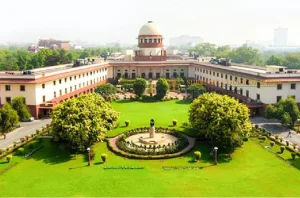

Algorithmic Accountability in the Judiciary
Access to justice for all remains the central focus as regards various technology-related reforms. Technological interventions have the ability to enhance access and improve the efficiency of the various processes in the justice system. Using algorithms to perform tasks within the justice system present a unique set of both opportunities and challenges. This paper will elaborate and explain the permeation of algorithmic technology and its usage in the justice system. It is important to study the use of algorithms in the context of the judiciary as we consider a shift from human management of certain tasks to machine management. We are speaking of functions including scheduling cases, using simple rule algorithms that assist litigants to access information, using algorithmic tools in document management, etc.The impact of technological changes can create incredible avenues for improvement in the dispensation of justice. On the other hand, any incorporation of technology should be done cautiously while we continually monitor the results. Thus, the need to study the use and implementation of algorithms in the judiciary is cardinal to maintain the balance between efficiency and rule of law.
RECENT UPDATE


Lessons for Judiciary from Space Sector

The missing piece in India’s reform story—a strong tribunal system

Fast-track courts may not be the cure

-
Rule of Law ProjectRule of Law Project
-
Access to Justice SurveyAccess to Justice Survey
-
BlogBlog
-
Contact UsContact Us
-
Statistics and ReportsStatistics and Reports
© 2021 DAKSH India. All rights reserved
Powered by Oy Media Solutions
Designed by GGWP Design
